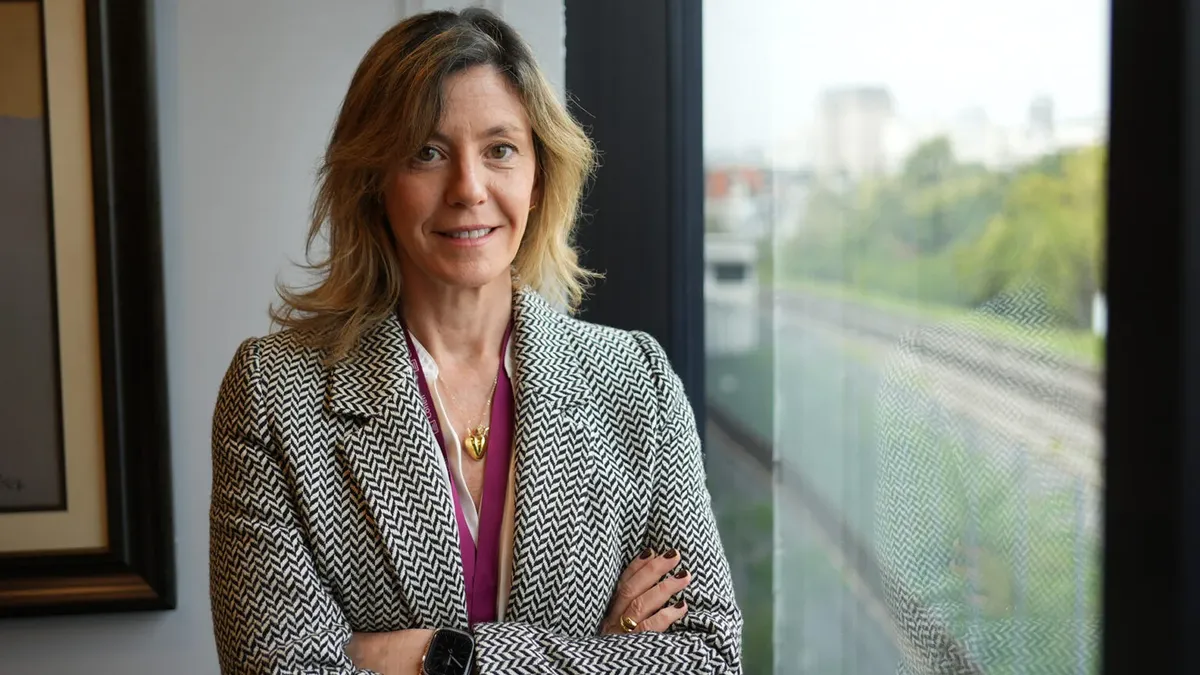Leonore Gewessler, together with her Swedish colleague, is negotiating the issue of “adaptation” to climate change for the EU. The UN World Climate Conference (COP27) will most likely be “extended”. “We could revert to a pre-Paris Accord world at this COP,” she said.
It is disappointing that the central Paris climate target of a maximum of 1.5 degrees of global warming compared to the pre-industrial age will “definitely not” be met with this provisional final text, according to the minister. This year, shortly before the official end of the “climate circus” on Friday at 6 p.m., the consensus is much less advanced than last year in Glasgow. It’s about a lot, the threat to the world from climate change is more than serious.
The world is steering – and this is the current state of science – towards global warming of 2.4 to 2.8 percent compared to the pre-industrial age, which would have dramatic consequences for everyone, not just for the countries of the South. According to Gewessler, Pakistan is currently flooded in large parts of the country, the area is as large as that of Great Britain. But the heat waves in southern Europe and the bark beetle are also consequences of climate change, which are getting closer and closer to us. Every tenth of a degree of non-warming counts, say the conference participants unanimously. Because “whatever greenhouse gases are in the atmosphere stay there for up to 100 years,” says Gewessler.
Charged mood
The minister sees the reason why the negotiations are progressing so slowly this year in the very charged mood surrounding the issue of repair payments for climate damage, but also in the less visible leadership of the Egyptian presidency. The poorer countries of the south contribute little to global warming, but suffer most from the consequences of climate change. The entire continent of Africa is only responsible for around four percent of global greenhouse gas emissions. Increasingly frequent droughts, such as those currently occurring in South Africa, are plaguing millions of people, and famine is threatening the livelihoods of millions of people.
Particularly tough struggles this year
The struggle for the draft text is always hard. The almost 200 negotiating states have to agree on every comma in a consensus. Each country also has a veto right, regardless of size. While the Global South is pushing for significantly larger financial aid, for example for damage caused by the climate crisis (“loss and damage”), some large industrialized countries do not even want to have the exit from fossil fuels mentioned. The phasing out of all fossil fuels – demanded by many experts – did not make it into the draft again. The scientists believe that the 1.5-degree target can only be met if all fossil fuels, i.e. oil, gas and coal, are phased out.
Already at the COP in Glasgow last year, there were big fights over that wording. Industrialized countries that rely heavily on fossil fuels prevailed at the last moment and weakened the text. Gewessler finds it a great pity that this year there has again been a split between developing countries and industrialized countries over the financing of climate damage. “Because it is a shared responsibility of everyone,” she explains, why the EU does not want to pay for climate damage in China or the United Arab Emirates. However, in an alliance (G77), these states have really messed up the negotiations.
18 governments will switch to electric cars by 2027
But there is also progress to report for climate protection: On the initiative of the USA, 18 countries have agreed to 100 percent electrify their public vehicle fleets. In the USA alone, by 2027 there will be 640 vehicles that will be electric in the future. Austria has also set itself this goal.
Editorial note: This report is part of a press trip at the invitation of Greiner AG. The travel expenses are partly borne by the organizer, the reporting is carried out under the independent editorial responsibility of the OÖN editorial team.
Source: Nachrichten




